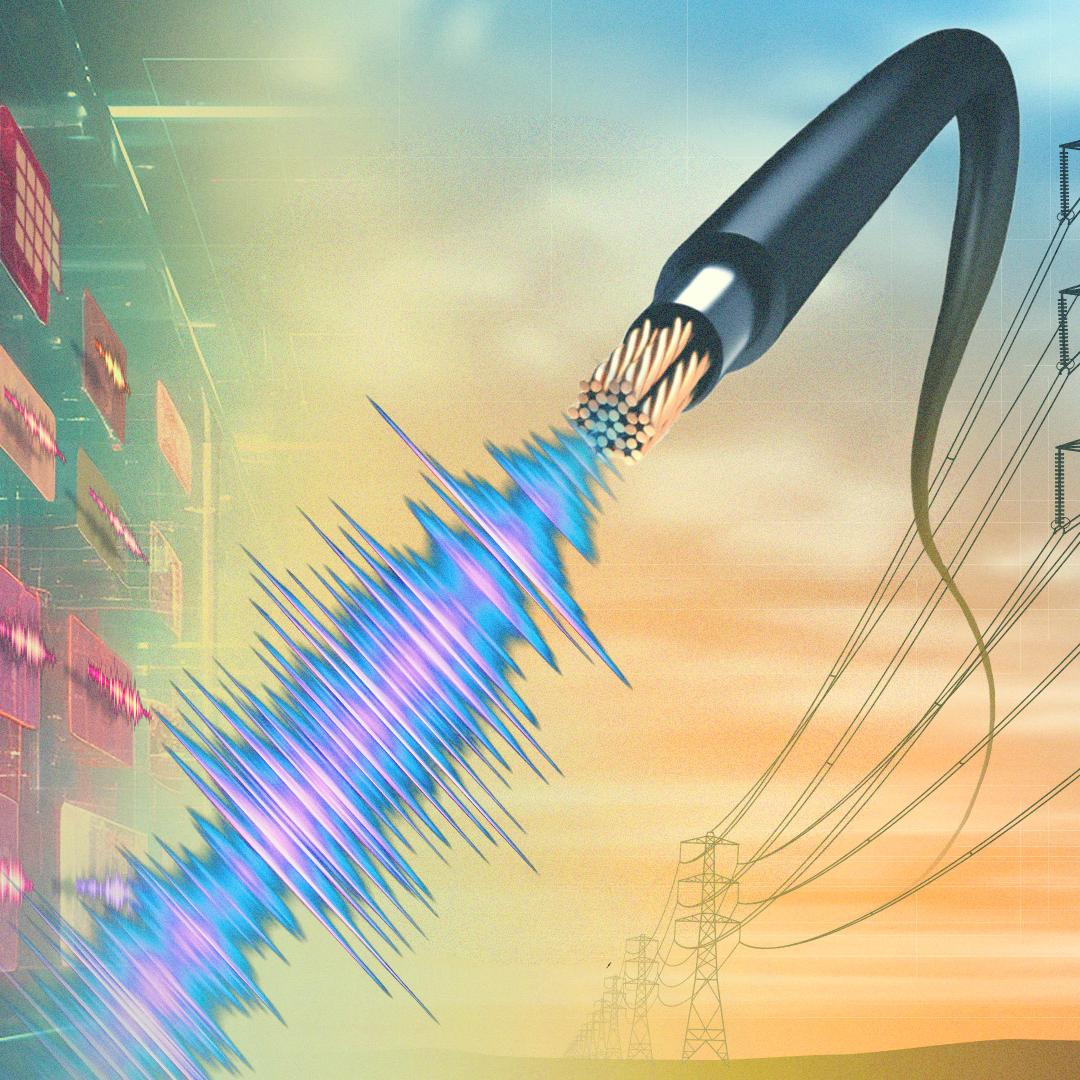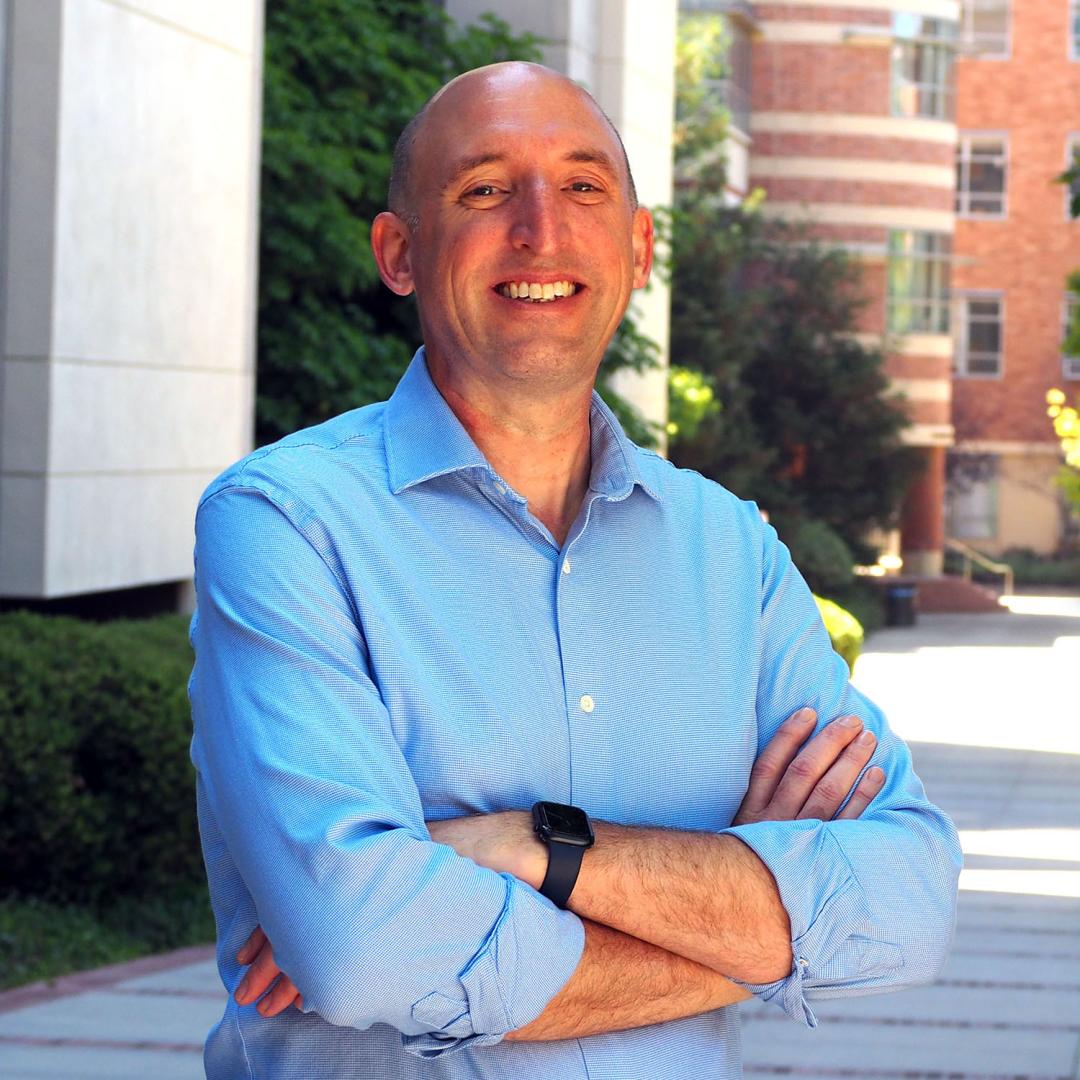
Filter News
Area of Research
- Biology and Environment (26)
- Biology and Soft Matter (1)
- Clean Energy (23)
- Computational Engineering (1)
- Computer Science (1)
- Fusion and Fission (5)
- Materials (36)
- Materials for Computing (4)
- Mathematics (1)
- National Security (2)
- Neutron Science (4)
- Nuclear Science and Technology (4)
- Supercomputing (26)
News Topics
- (-) Chemical Sciences (65)
- (-) Clean Water (30)
- (-) Exascale Computing (38)
- (-) Molten Salt (8)
- 3-D Printing/Advanced Manufacturing (122)
- Advanced Reactors (34)
- Artificial Intelligence (91)
- Big Data (55)
- Bioenergy (92)
- Biology (99)
- Biomedical (58)
- Biotechnology (22)
- Buildings (57)
- Climate Change (101)
- Composites (26)
- Computer Science (190)
- Coronavirus (46)
- Critical Materials (26)
- Cybersecurity (35)
- Decarbonization (80)
- Education (4)
- Element Discovery (1)
- Emergency (2)
- Energy Storage (109)
- Environment (196)
- Fossil Energy (6)
- Frontier (42)
- Fusion (55)
- Grid (63)
- High-Performance Computing (86)
- Hydropower (11)
- Irradiation (3)
- Isotopes (53)
- ITER (7)
- Machine Learning (48)
- Materials (144)
- Materials Science (141)
- Mathematics (9)
- Mercury (12)
- Microelectronics (3)
- Microscopy (51)
- Nanotechnology (60)
- National Security (63)
- Net Zero (14)
- Neutron Science (131)
- Nuclear Energy (109)
- Partnerships (44)
- Physics (62)
- Polymers (33)
- Quantum Computing (35)
- Quantum Science (69)
- Renewable Energy (2)
- Security (24)
- Simulation (49)
- Software (1)
- Space Exploration (25)
- Statistics (3)
- Summit (57)
- Sustainable Energy (126)
- Transformational Challenge Reactor (7)
- Transportation (97)
Media Contacts
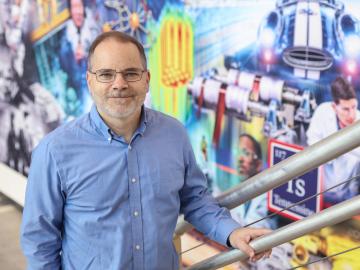
ORNL has been selected to lead an Energy Earthshot Research Center, or EERC, focused on developing chemical processes that use sustainable methods instead of burning fossil fuels to radically reduce industrial greenhouse gas emissions to stem climate change and limit the crisis of a rapidly warming planet.

Using light instead of heat, researchers at ORNL have found a new way to release carbon dioxide, or CO2, from a solvent used in direct air capture, or DAC, to trap this greenhouse gas. The novel approach paves the way for economically viable separation of CO2 from the atmosphere.
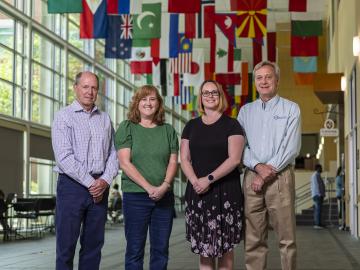
For 25 years, scientists at Oak Ridge National Laboratory have used their broad expertise in human health risk assessment, ecology, radiation protection, toxicology and information management to develop widely used tools and data for the U.S. Environmental Protection Agency as part of the agency’s Superfund program.
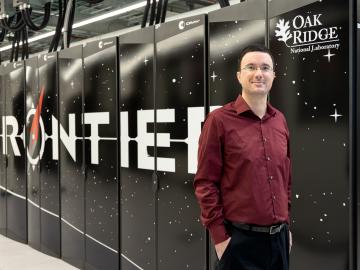
The Exascale Small Modular Reactor effort, or ExaSMR, is a software stack developed over seven years under the Department of Energy’s Exascale Computing Project to produce the highest-resolution simulations of nuclear reactor systems to date. Now, ExaSMR has been nominated for a 2023 Gordon Bell Prize by the Association for Computing Machinery and is one of six finalists for the annual award, which honors outstanding achievements in high-performance computing from a variety of scientific domains.
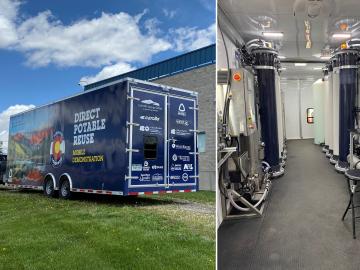
Researchers at ORNL are developing advanced automation techniques for desalination and water treatment plants, enabling them to save energy while providing affordable drinking water to small, parched communities without high-quality water supplies.
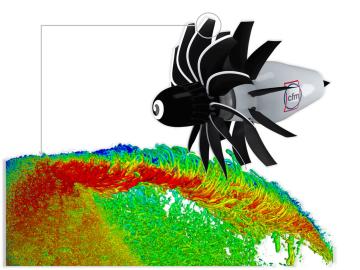
Outside the high-performance computing, or HPC, community, exascale may seem more like fodder for science fiction than a powerful tool for scientific research. Yet, when seen through the lens of real-world applications, exascale computing goes from ethereal concept to tangible reality with exceptional benefits.
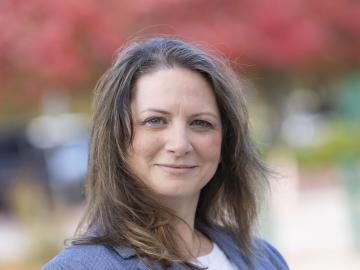
Michelle Kidder, a senior R&D staff scientist at ORNL, has received the American Chemical Society’s Energy and Fuels Division’s Mid-Career Award for sustained and distinguished contributions to the field of energy and fuel chemistry.
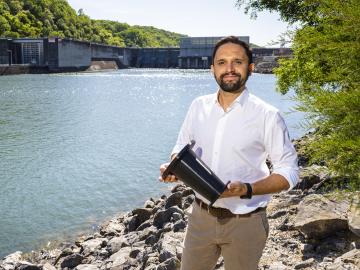
Mirko Musa spent his childhood zigzagging his bike along the Po River. The Po, Italy’s longest river, cuts through a lush valley of grain and vegetable fields, which look like a green and gold ocean spreading out from the river’s banks.
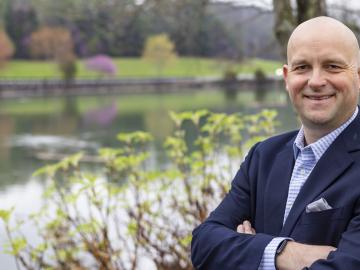
Leigh R. Martin, a senior scientist and leader of the Fuel Cycle Chemical Technology group at ORNL, has been named a Fellow of the American Chemical Society for 2023.
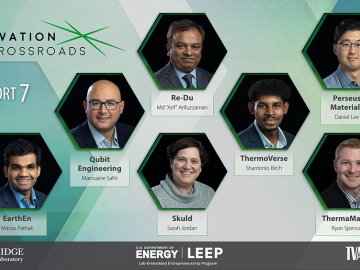
Seven entrepreneurs will embark on a two-year fellowship as the seventh cohort of Innovation Crossroads kicks off this month at ORNL. Representing a range of transformative energy technologies, Cohort 7 is a diverse class of innovators with promising new companies.


